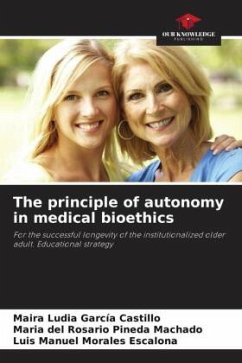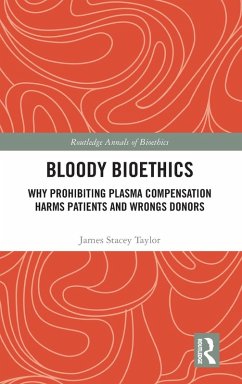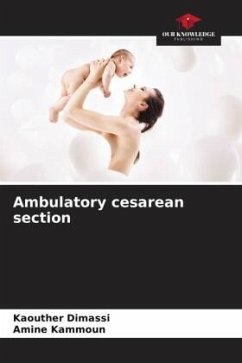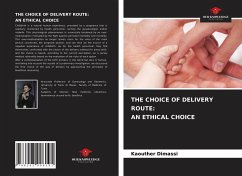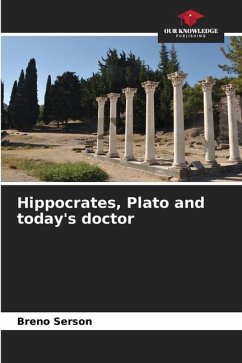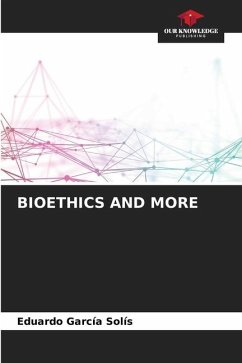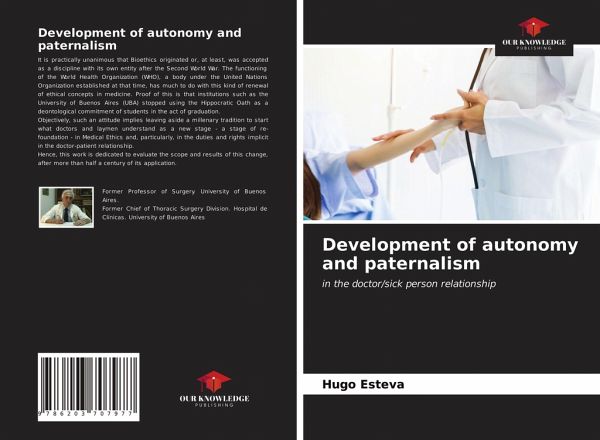
Development of autonomy and paternalism
in the doctor/sick person relationship
Versandkostenfrei!
Versandfertig in 6-10 Tagen
27,99 €
inkl. MwSt.

PAYBACK Punkte
14 °P sammeln!
It is practically unanimous that Bioethics originated or, at least, was accepted as a discipline with its own entity after the Second World War. The functioning of the World Health Organization (WHO), a body under the United Nations Organization established at that time, has much to do with this kind of renewal of ethical concepts in medicine. Proof of this is that institutions such as the University of Buenos Aires (UBA) stopped using the Hippocratic Oath as a deontological commitment of students in the act of graduation. Objectively, such an attitude implies leaving aside a millenary traditi...
It is practically unanimous that Bioethics originated or, at least, was accepted as a discipline with its own entity after the Second World War. The functioning of the World Health Organization (WHO), a body under the United Nations Organization established at that time, has much to do with this kind of renewal of ethical concepts in medicine. Proof of this is that institutions such as the University of Buenos Aires (UBA) stopped using the Hippocratic Oath as a deontological commitment of students in the act of graduation. Objectively, such an attitude implies leaving aside a millenary tradition to start what doctors and laymen understand as a new stage - a stage of re-foundation - in Medical Ethics and, particularly, in the duties and rights implicit in the doctor-patient relationship.Hence, this work is dedicated to evaluate the scope and results of this change, after more than half a century of its application.



